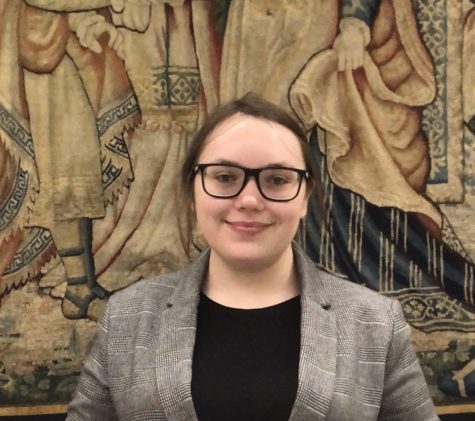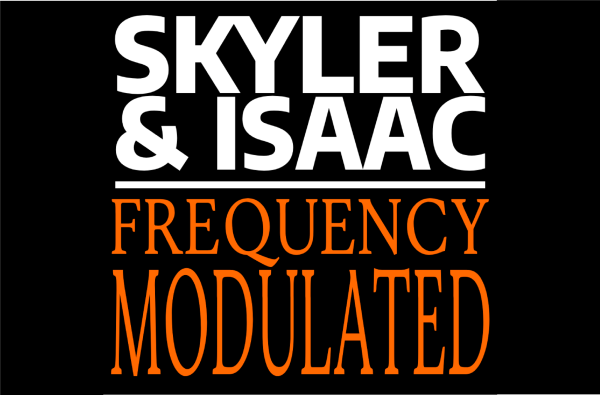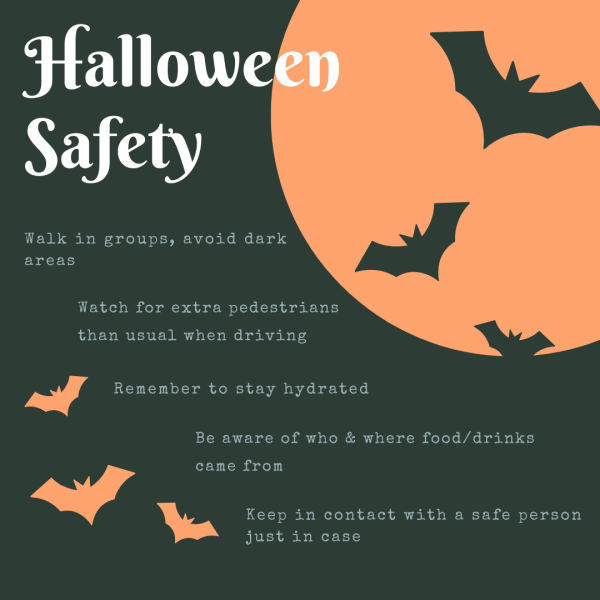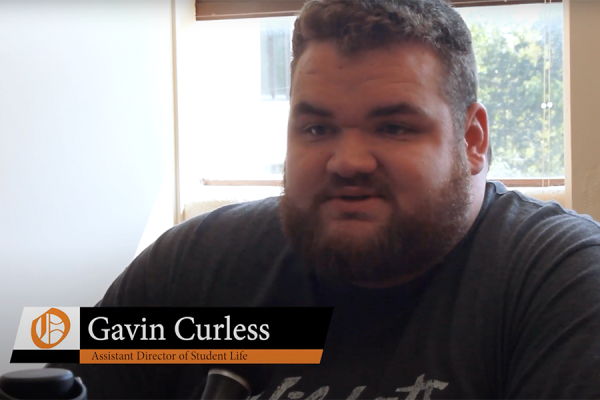Hate crimes on rise; vigilance needed
Eleven people were killed in a synagogue while congregants gathered for a service. Two people were killed while shopping at a Kroger’s in Kentucky. These were not random acts of violence; the people killed were targeted because of their race or religion. These crimes were fueled from hate and fear of people who are different, and Kansas is not immune.
Gregory Bush attempted to force his way into a church that primarily served people from the African-American community. After he found the doors locked he went to a near by Kroger’s and killed two African-Americans. Bush has a history of posting racist threats on his social media.
Robert Bowers planned his attack on the synagogue and did so because of his anti-semitic views, which are evident from his posts made on the social media site Gab. Before the shooting occurred, it is believed he posted that he “can’t sit by and watch my people get slaughtered. Screw your optics, I’m going in.”
These two crimes are only the most recent actions white nationalists have taken which made national news. In the past few years alone, several incidents of hate crimes and demonstrations of white nationalism and extremism have occurred.
Hate crimes are still very much present in American society. It spawns from nationalism, fear and hatred of anyone who seems different.
We like to think that hate crimes are rare occurrences, only committed by the truly evil or mentally ill. This is not reality. Hate crimes can come from anyone and happen anywhere. Even in Kansas, hate crimes still occur.
Village Shalom in Overland Park was attacked by Glenn Miller, who killed three people in 2014. Miller’s motive for the shooting was to kill as many Jewish people as possible. Srinivas Kuchibhotla was killed in Olathe after Adam Purinton allegedly said “get out of my country” before open firing. An attempted bombing of a mosque by Patrick Eugene Stein and two other men was foiled, but the hate-filled intentions remain, Stein referred to Muslims as “Cockroaches.”
Though the people guilty of such heinous crimes are charged and sentenced to prison, the question of how we reconcile with such hate as a society remains. How do we stop the fear-mongering and racism?
Well, for starters, its not enough to simply denounce hate crimes and move on. We cannot keep denouncing hate, give condolences to the family of the victims and then quickly move on. The conversation will be hard and complex, but so are all the problems that face society.
The Department of Justice has already taken a step in the right direction by establishing a website dedicated to the reporting and prevention of hate crimes. Awareness of an issue is a good first step, but with the events of the past decade, awareness has only addressed the problem to an extent.
We must educate people and deplete ignorance from society. Acceptance comes from an understanding which is only achieved through education of another religion, culture, nationality and sexuality. Promoting a society which incorporates people from all walks of life and allowing those cultures to thrive while not allowing ignorance to spread is fundamental.
The most crucial aspect is what we do as individuals if we decide to speak out and stop discrimination. It’s not enough to call someone out, but to call their actions out and bring them to the public’s attention. Only in the sphere of public discourse can we attempt to solve this problem.
By saying nothing about hate you see everyday only further perpetuates the problem. It is essentially the bystander principle where you speak out against bullying or domestic violence. The same thing needs to happen with hate and discrimination.
It is worth acknowledging that no matter how much attention we bring to hate crimes, no matter the amount we educate people, there will always be people who hate others and wish to do harm to them. Instead of emboldening their actions we must condemn them. We must not give them the attention, rhetoric, or resources to allow them to commit these acts of hate.
In the end, it’s the choices and action we as individuals make that will start the process of eliminating ignorance.

Jamie Pellikaan is a senior majoring in History and Religious Studies with minors in Mass Media, Primary Texts and Creative Writing. She is the current...







